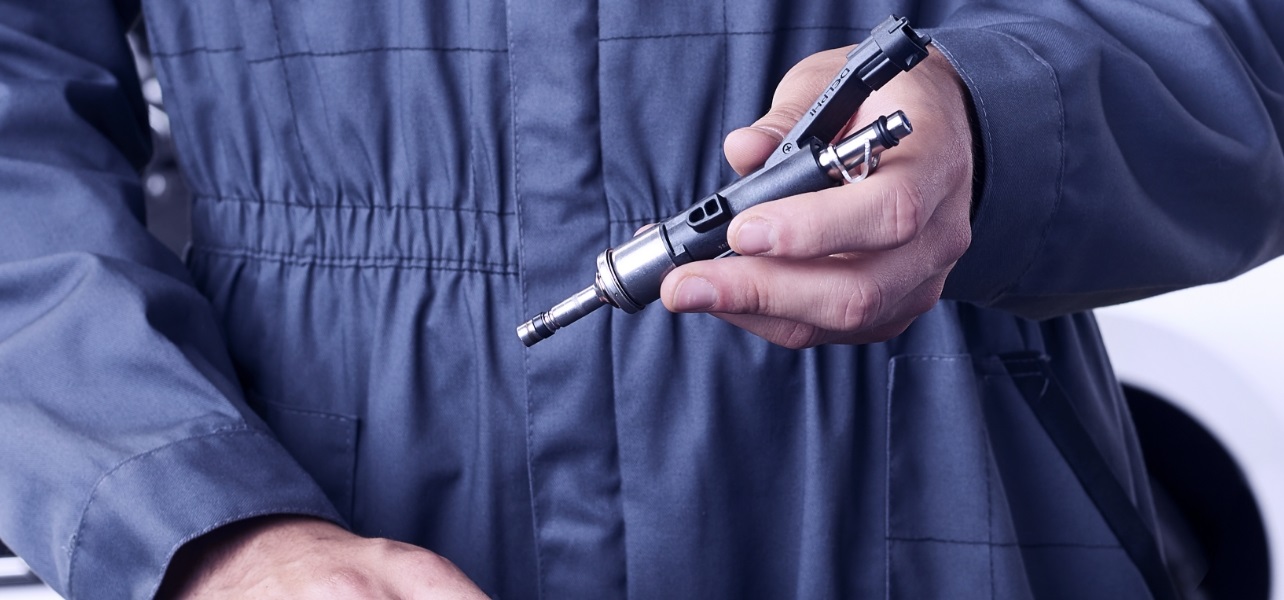Resource Highlights
The fuel filter keeps the flow of fuel into the vehicle engine free of contaminants. So it’s important to get the job done right and periodically inline with the vehicles service schedule. That’s because the fuel filter needs to be in good nick every time the engine is running – dirt clogging up the filter can drastically reduce performance and even damage the engine.
Get some tips on carrying out a fuel filter replacement with this video produced by the
experts at Delphi. Discover:
• What to make a note of before removing the old filter
• How to remove the various connectors
• When to pre-fill the new filter...and when not to
What are the symptoms of a blocked fuel filter?
A blocked fuel filter affects the engine’s ability to draw fuel, which will affect the power it can generate. At high speeds or heavy acceleration, the vehicle may feel slow and sluggish. If the filter is obstructing the flow of fuel, the engine may not even start.
How often should the fuel filter be changed?
A fuel filter requires regular replacement, inline with the vehicles service schedule, for example every 30,000 miles or two years.
Can I replace my fuel filter on my own?
Replacing a blocked fuel filter can be a very messy job, with the risk of fuel spills. Although the process is simple enough, to ensure your safety and prevent the possibility of causing damage through fuel spilling or contamination, it’s a task best left to the professionals.
SIGN UP
TO FIND OUT MORE
Fill out your details to hear more from our experts and get the latest updates from Delphi.




